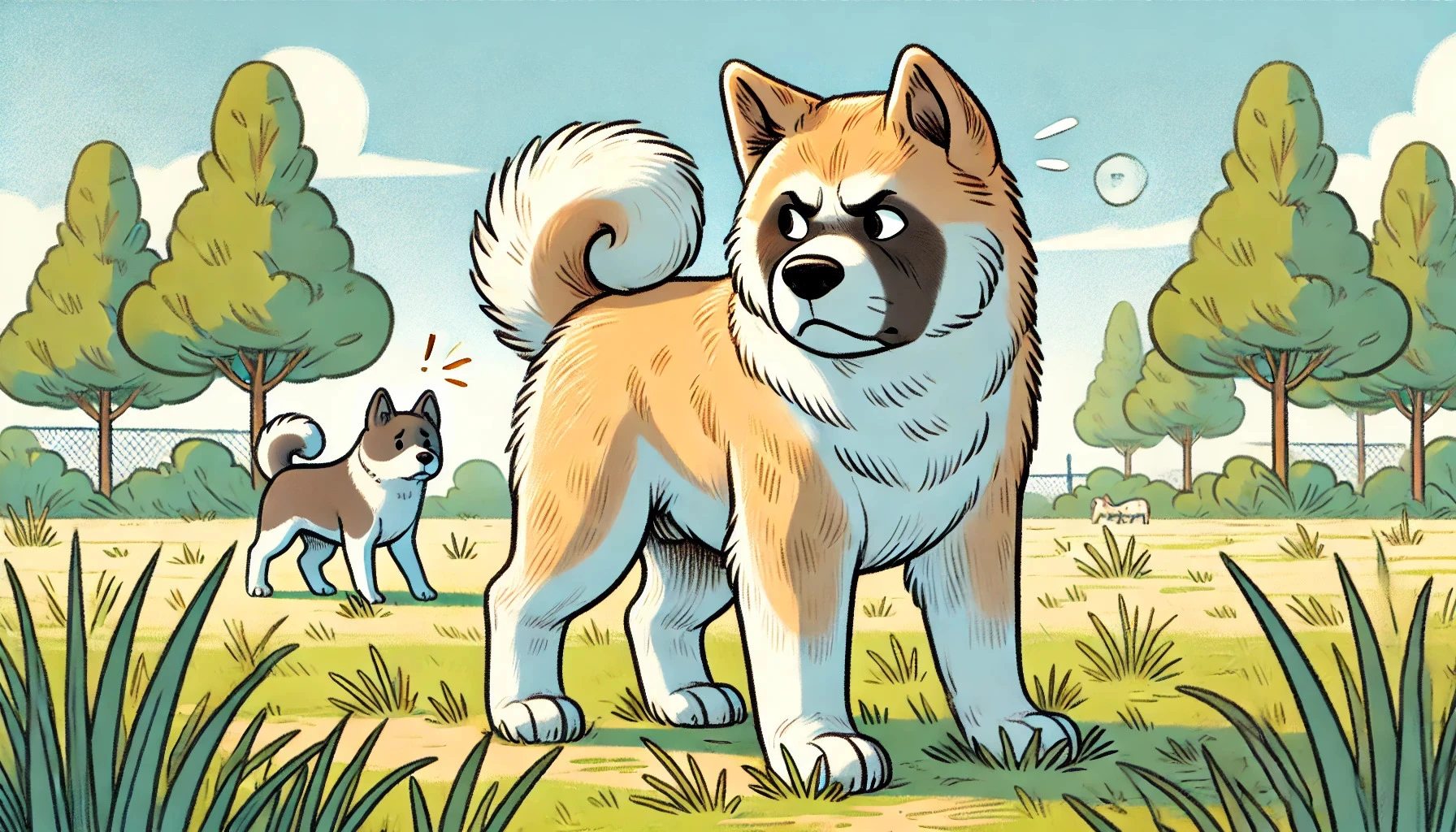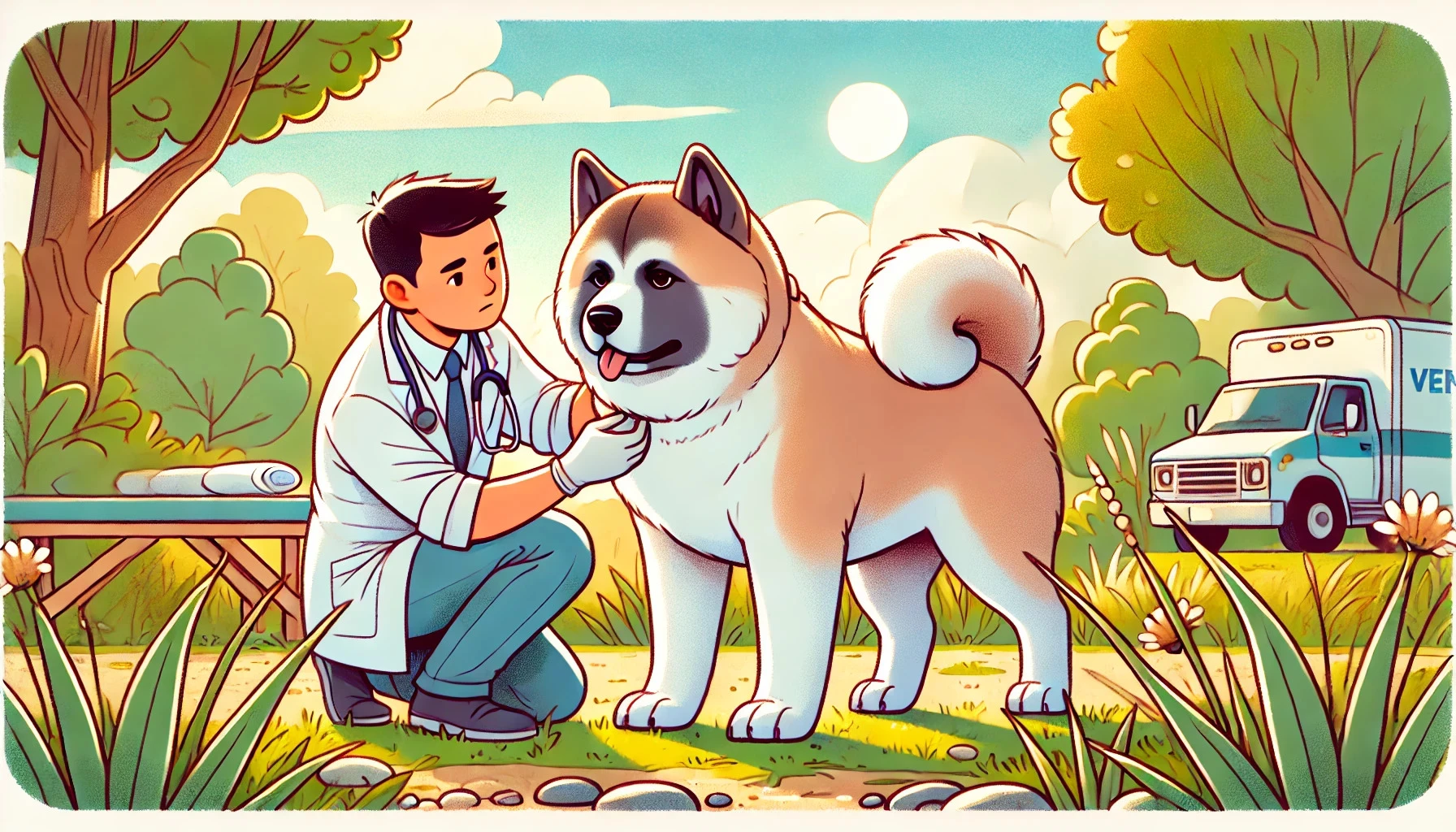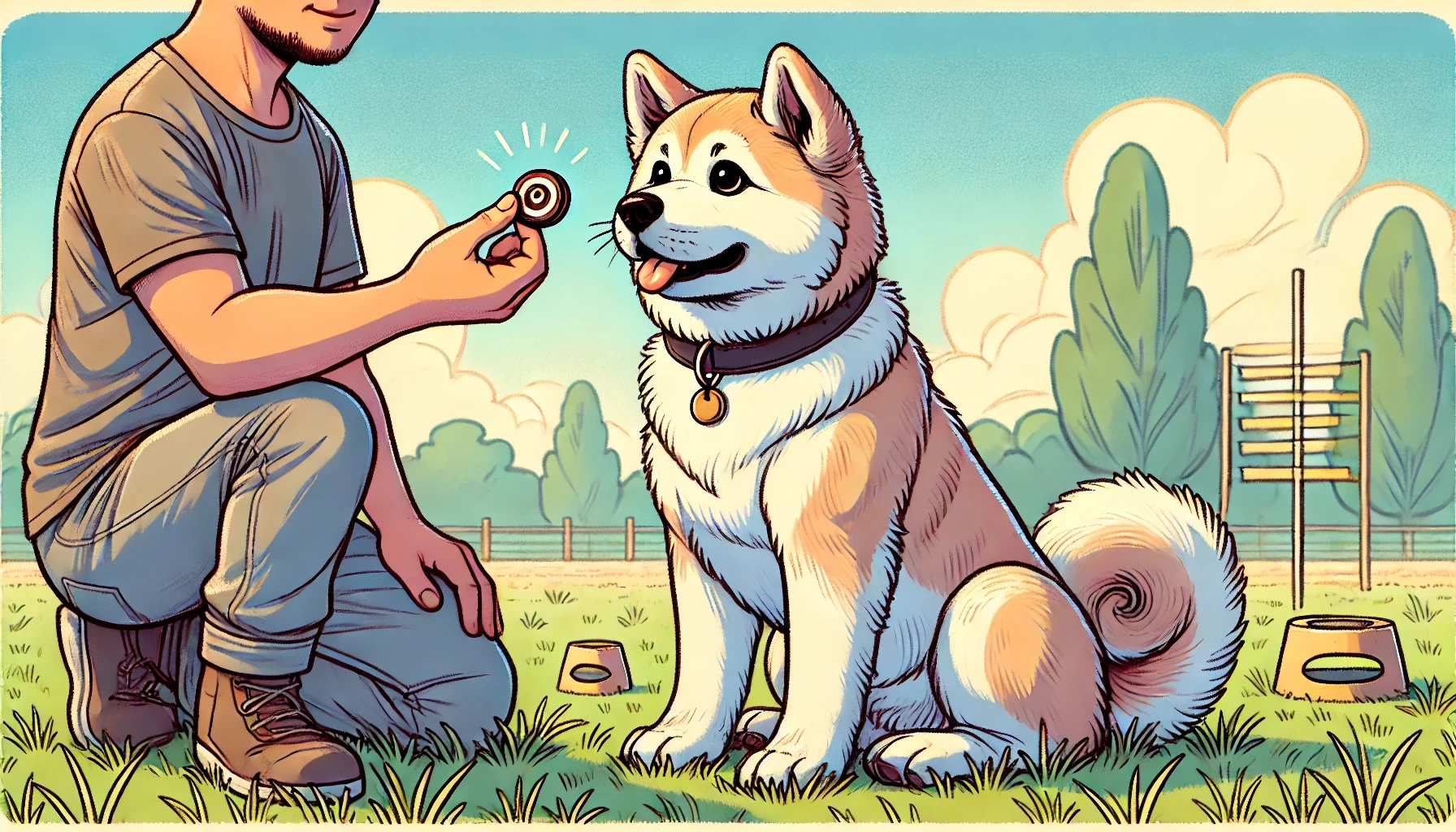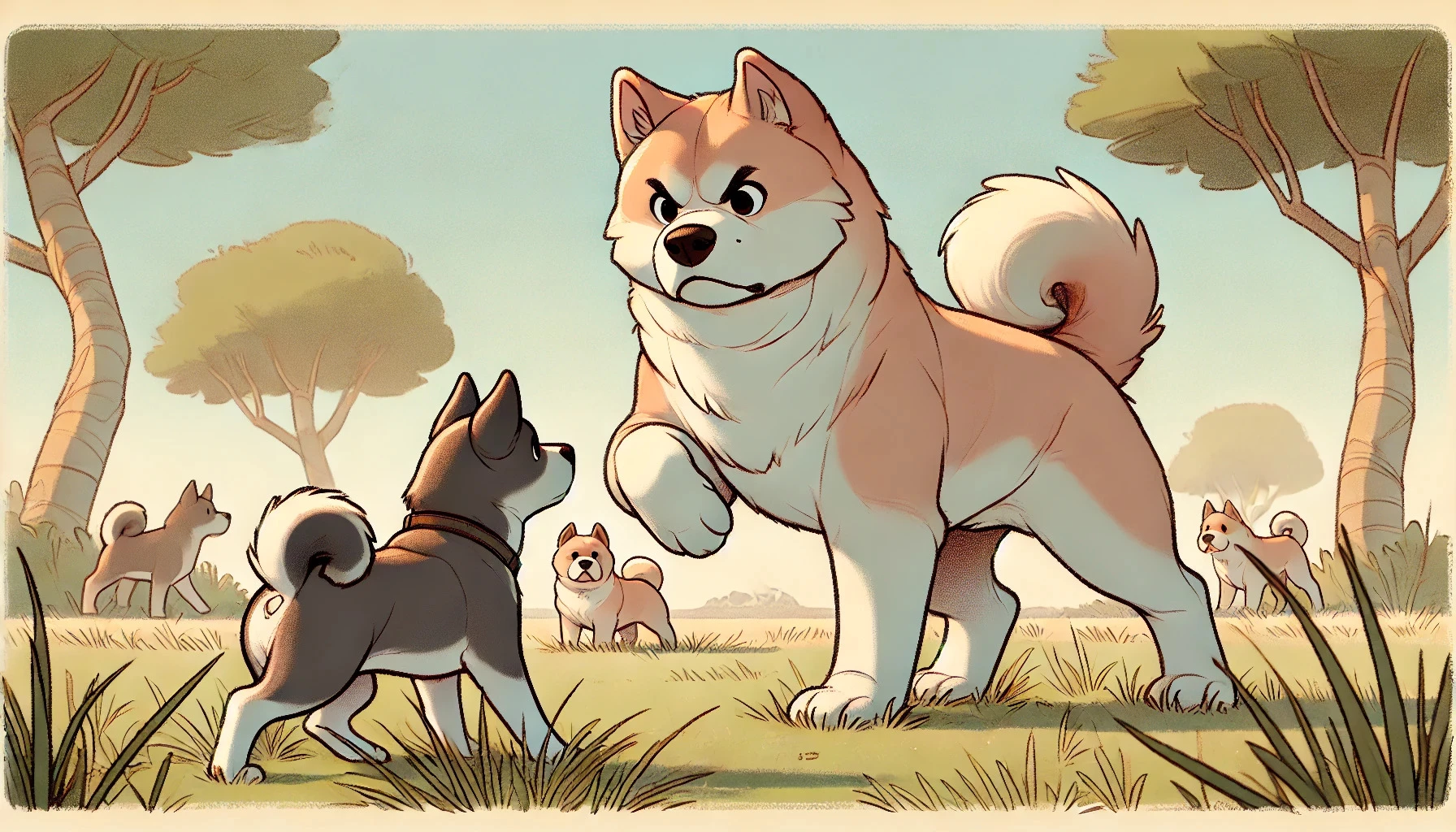On this page
Is Aggression Normal in a 3-Year-Old Akita?
Yes, but aggression in a 3-year-old Akita often signals deeper behavioral or environmental factors. While Akitas are known for their loyal and protective nature, this breed has a strong, independent temperament that can sometimes translate into aggression toward other dogs. At this age, they have matured into adulthood, and their behavior reflects both their genetics and their upbringing.
Environmental triggers, lack of socialization, or health issues could be contributing factors. It’s essential to understand their dietary needs as well since improper nutrition can exacerbate behavioral issues.
Concerned about your Akita’s aggression? Get expert advice with Dosty App.
Could Lack of Socialization Cause Aggression in an Akita?
Yes, inadequate socialization is a primary cause of aggression in Akitas.
Why Does Socialization Matter for Akitas?
Breed Traits: Akitas are naturally wary of other dogs, especially same-sex interactions.
Early Exposure: A lack of interaction with other dogs during the puppy stage can lead to fear or dominance issues.
Past Experiences: Negative encounters with dogs can reinforce aggressive tendencies.
Solutions:
Start gradual socialization in neutral environments like parks.
Introduce your Akita to calm, non-aggressive dogs under supervision.
Use positive reinforcement to reward calm behavior.
Learn how to socialize your Akita effectively with Dosty App training tips.

Can Hormonal Changes Lead to Aggression in Akitas?
Yes, hormones can play a significant role in aggressive behavior.
How Do Hormones Affect Aggression?
Males: Intact male Akitas may exhibit more territorial and dominant behavior.
Females: Hormonal changes during heat cycles can increase irritability.
Spaying/Neutering: This procedure often reduces aggressive tendencies but isn’t a cure-all.
Solutions:
Consult your vet about the right time to spay or neuter.
Monitor behavior around other dogs, especially during hormonal peaks.
Focus on training that redirects aggressive tendencies.
For more tips visit our page Dosty.co.
Could Health Issues Cause Aggression in Akitas?
Yes, underlying health problems can trigger unexpected aggression.
What Health Issues Might Contribute?
Pain: Arthritis, injuries, or dental issues can make your Akita irritable.
Hypothyroidism: A common condition in Akitas that can lead to mood swings.
Neurological Disorders: Problems like brain tumors or seizures can cause behavioral changes.
Solutions:
Schedule a comprehensive vet check-up if aggression is sudden or unexplained.
Address pain or discomfort with appropriate treatments.
Use calming supplements recommended by your veterinarian.

Is Diet Linked to Aggression in Akitas?
Yes, poor nutrition or an imbalanced diet can impact your Akita’s behavior.
How Does Diet Affect Behavior?
Lack of Nutrients: Deficiencies in omega-3 fatty acids, vitamins, or minerals can lead to irritability.
Excess Energy: High-calorie diets without enough exercise can make your Akita restless.
Food Allergies: Allergies can cause discomfort, leading to aggressive outbursts.
Solutions:
Feed a high-quality, breed-appropriate diet.
Avoid foods with artificial additives or fillers.
Incorporate calming supplements like chamomile or omega-3 oils.
Can Training Reduce Aggression in a 3-Year-Old Akita?
Yes, proper training is crucial to manage and reduce aggression.
What Training Techniques Work Best?
Positive Reinforcement: Reward calm behavior with treats and praise.
Desensitization: Gradually expose your Akita to their triggers in a controlled way.
Professional Help: Enlist a dog trainer experienced with Akitas for severe aggression.
Solutions:
Use distraction techniques like toys or commands when aggression starts.
Avoid punishing aggressive behavior, as it can escalate the issue.
Build a consistent training routine to establish boundaries.

Conclusion: Understand and Address Aggression in Akitas
Aggression in a 3-year-old Akita can stem from socialization issues, hormonal changes, health problems, or diet. With the right training, care, and vet consultations, you can address the root cause and ensure your Akita stays happy and well-adjusted.
Partner with Dosty App to provide the best care for your Akita.

